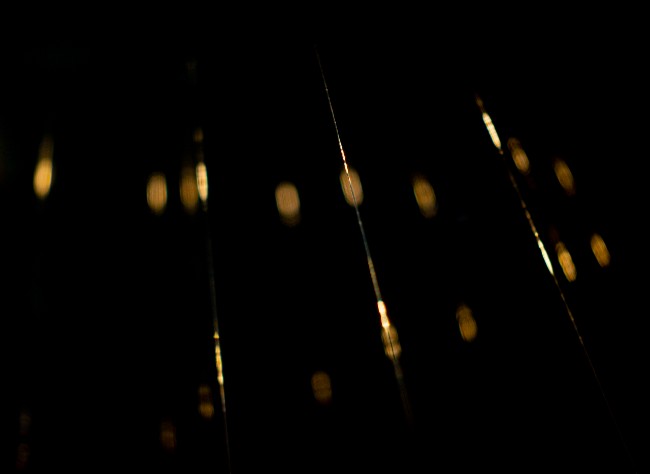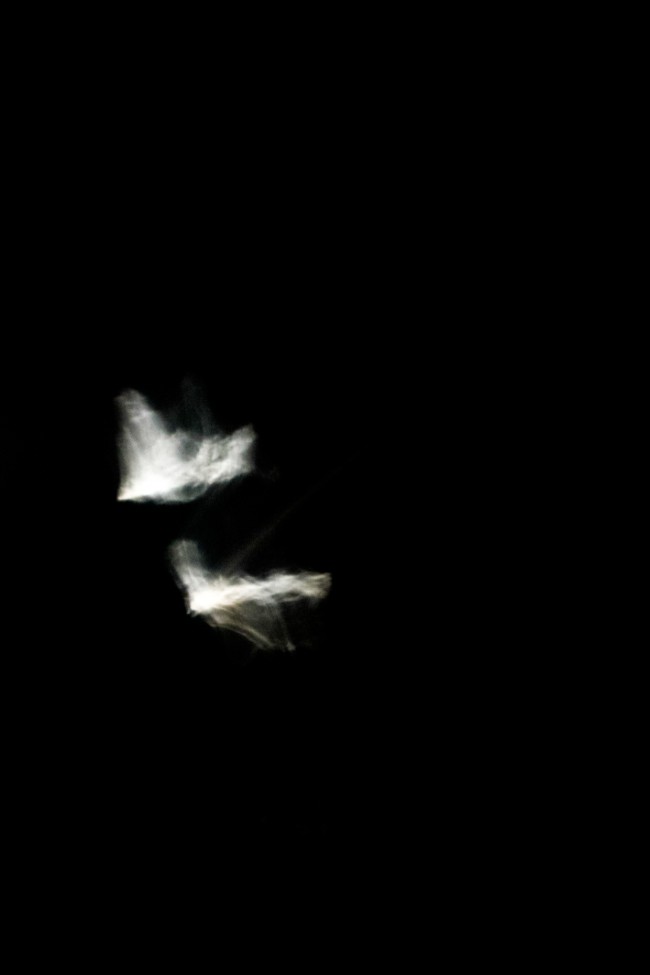Jacques Prévert: Poetry in a Time of Dislocation


Editor’s note: This is the latest installment in the series “Poetry in a Time of Dislocation.” Fine art photographer Fern Nesson asserts that the place for art is critical during this time of pandemic, and she has immersed herself in the French poets, translating important works and sharing them as photo essays. This week, Fern shines the spotlight on Jacques Prévert, the beloved poet whose work continues to be popular in French-speaking schools around the world today.
(Check out previous installments here:
Charles Baudelaire, Guillaume Apollinaire, Paul Valéry, Christine de Pizan, Paul Verlaine, Alphonse de Lamartine, Anna de Noailles, Paul Éluard, Marceline Desbordes-Valmore, Stéphane Mallarmé, Louisa Seifert, Arthur Rimbaud, François Villon, André Breton, Louise Colet)
Jacques Prévert was one of the best 20th-century French poets. He wrote “Les Feuilles Mortes” in 1945 for the 1946 film, Les Portes de la Nuit. The poem was set to music by Joseph Kosma.
“Les Feuilles Mortes” became a great and lasting hit. It was first recorded in French by Yves Montand, who retained Prévert’s original lyrics. Shortly afterwards, it reached the U.S. and you will undoubtedly recognize the song under its English title, “The Autumn Leaves.” The song has been covered dozens, if not hundreds, of times by singers such as Frank Sinatra, Nat King Cole, Bing Crosby, Eric Clapton, Bob Dylan, Johnny Mathis, Willie Nelson, Sarah Vaughan and by jazz musicians including Duke Ellington, Miles Davis, McCoy Tyner and Bill Evans. In the English version, Prévert’s lyrics were replaced with new lyrics by Johnny Mercer.

Photo credit: Fern Nesson
“Les Feuilles Mortes”
Oh, je voudrais tant que tu te souviennes,
Des jours heureux quand nous étions amis,
Dans ce temps là, la vie était plus belle,
Et le soleil plus brûlant qu’aujourd’hui.
Les feuilles mortes se ramassent à la pelle,
Tu vois je n’ai pas oublié.
Les feuilles mortes se ramassent à la pelle,
Les souvenirs et les regrets aussi,
Et le vent du nord les emporte,
Dans la nuit froide de l’oubli.
Tu vois, je n’ai pas oublié,
La chanson que tu me chantais.
C’est une chanson, qui nous ressemble,
Toi qui m’aimais, moi qui t’aimais
Nous vivions, tous les deux ensemble,
Toi qui m’aimais, moi qui t’aimais.
Et la vie sépare ceux qui s’aiment,
Tout doucement, sans faire de bruit.
Et la mer efface sur le sable,
Les pas des amants désunis.
Nous vivions, tous les deux ensemble,
Toi qui m’aimais, moi qui t’aimais.
Et la vie sépare ceux qui s’aiment,
Tout doucement, sans faire de bruit.
My Translation
Would that you’d remember
those happy days when we were lovers
Back then, life was sweeter
and the sun shone brighter.
The leaves are dying now
but I have not forgotten you
The leaves are dying now
as are my memories and regrets.
The north wind carries them
into the cold night of oblivion.
I have not forgotten
the song you used to sing to me–
a song about us–
you loving me, I loving you
when we two lived together,
you loving me, I loving you.
Life separates those who are in love
softly, gently, without making a sound,
just as the sea erases
the footprints of lovers in the sand.
We used to live together
I loving you, you loving me
but life separates those who are in love
softly, gently, without making a sound.
Mercer’s lyrics
The falling leaves drift by the window
The autumn leaves of red and gold
I see your lips, the summer kisses
The sun-burned hands
I used to hold
Since you went away the days grow long
And soon I’ll hear old winter’s song
But I miss you most of all my darling
When autumn leaves start to fall
Since you went away the days grow long
And soon I’ll hear old winter’s song
But I miss you most of all my darling
When autumn leaves start to fall.
Lead photo credit : Photo by Fern Nesson
More in French poetry, Jacques Prevert



REPLY